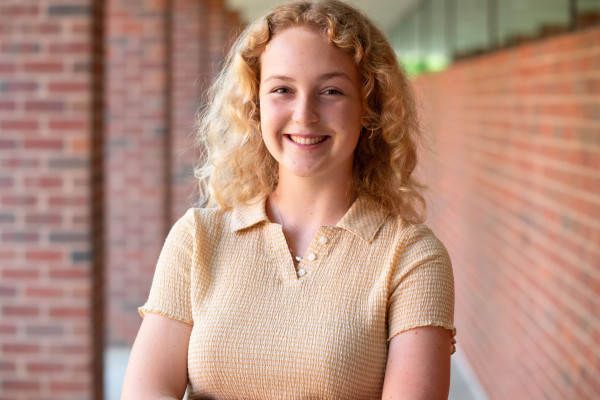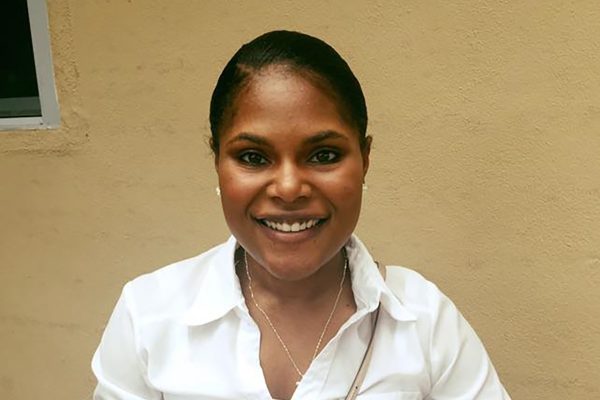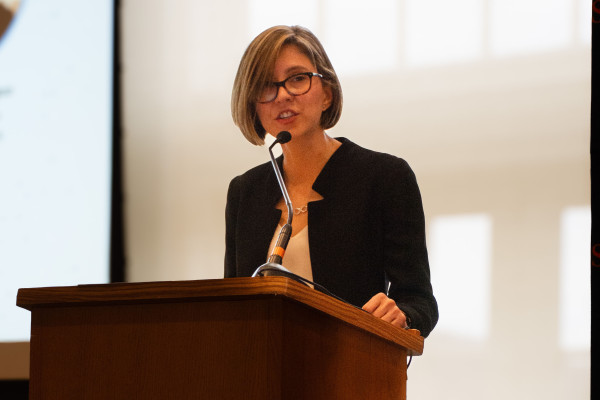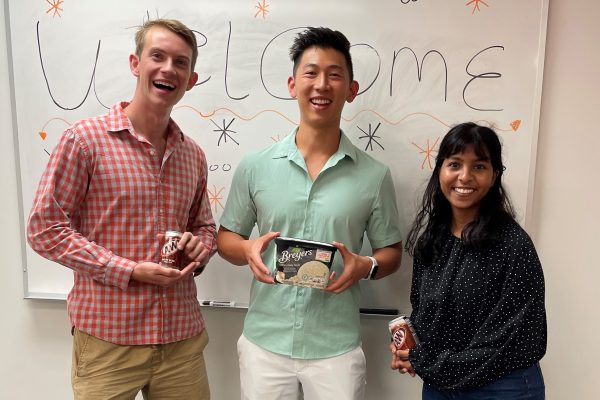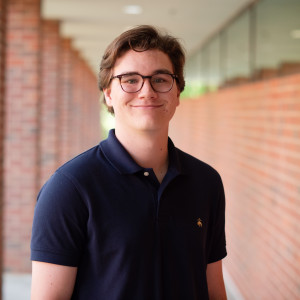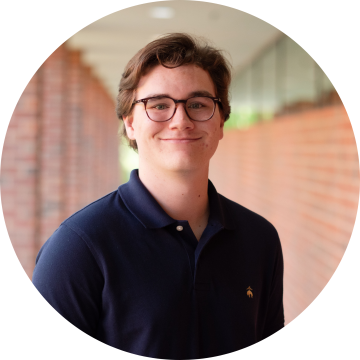
Ph.D. Student Profile: Ethan Nelson

Ethan Nelson
Hometown:
Charlottesville, Virginia
Education:
Ph.D. in Data Science, University of Virginia
B.S. in Neuroscience and Data Science 2023, College of William and Mary
Q: When and how did you become interested in data science?
I first became interested in data science during my undergraduate degree. At the College of William and Mary, they have a Summer Jump Start program that allows students to complete the prerequisites for the major or the entire minor in one summer. I knew that I had an appreciation for math and analytics so I thought the program would be a great opportunity. From enrolling in that program, I learned that data science is the perfect blend of all the academic domains I most enjoy. This is especially true because of the applied nature of data science.
Q: Choosing a doctoral program is a big decision. Why did you choose UVA's Ph.D. in Data Science?
I chose UVA’s Ph.D. in Data Science because I knew I wanted a deeper understanding of the core concepts in data science. From my undergraduate degree, I got an understanding of how to implement different data science techniques, but I didn’t understand the finer details of how they worked. The Ph.D. in Data Science offers me the opportunity to get an in-depth understanding of how the tools work and be improved. Opportunities to participate in undergraduate research forged my appreciation for the research process and pushed me to continue them at a Ph.D. level. I chose UVA’s program specifically because of the local proximity, commitment to expansion, and focus on ethical considerations of data science.
Q: What areas of research interest you and why?
I am most interested in the intersection of neuroscience and data science. I was first drawn to neuroscience in high school because of questions about consciousness. While exploring this curiosity, I developed an appreciation for the biological mechanisms neurons use to connect and communicate with one another. Applying this background to data science, I am currently working on creating a machine learning model that behaves more like real neural systems. In this model, each neuron has a voltage that is updated over time. Once activated, neurons send signals that travel over both time and distance. The speed of those signals is determined by the physical dimensions of the 3D system and other physiological properties of the connections. In a more general sense outside of my current work, I am interested in network science and data engineering.
Q: What do you hope to do with your data science degree?
With my degree, I hope to continue in academia and become a professor. After working as a teaching assistant my first two semesters of the Ph.D. program, I grew an appreciation for facilitating the learning process. Explaining concepts to others helps me strengthen my own understanding and assess what into areas I need to dive deeper. I’ve found that I’m learning just as much from the students as they are from me which is rewarding. Alongside teaching, I hope to continue researching the intersection of neuroscience and data science.
Q: What advice would you give to prospective students considering a Ph.D. in Data Science? What do you wish you had known before starting?
The biggest advice I would give to prospective students is to take a deep breath. The idea of completing a Ph.D. and final dissertation can be daunting. In reality, you can tackle the program one piece at a time. It is also perfectly okay and natural to fail many times along the way. Remember, it’s important to become comfortable with failure and its place in research. It’s easier said than done, however, as it’s something I continue to come to terms with myself.
I also wish I knew ahead of time just how collaborative the Ph.D. program is between faculty and other students. At the start of the program, the professors stressed how we are, in a sense, their colleagues. This close relationship has been greatly beneficial to ease my comfort level throughout the program and has changed my idea of what a Ph.D. is for the better.
Q: What are your initial impressions of the school, faculty, and other students?
I have enjoyed all aspects of the School of Data Science so far. The faculty are kind and want to see you succeed. They will often stop to hear about how you are doing in the program and will provide aid whenever needed. I have found a nice community and shared comradery among each cohort of students. We often collaborate on class work or research ideas, discussing the concepts we are struggling with the most. Through these discussions, we can find a solution together and extend our understanding. This collaborative process has been a welcomed change from the often isolated and competitive nature of undergrad.
Q: What are you most excited about and what challenges do you anticipate?
I am most excited about the continued growth of the school. It is exciting to see new faculty and students at the start of the a new academic year. The expansion of the school adds new viewpoints and ideas which is exciting. A general challenge I expect to face in the coming years is the transition from coursework to full-time research.
Q: What is a fun fact about yourself?
I was born the same day Tom Brady won his first Super Bowl.
